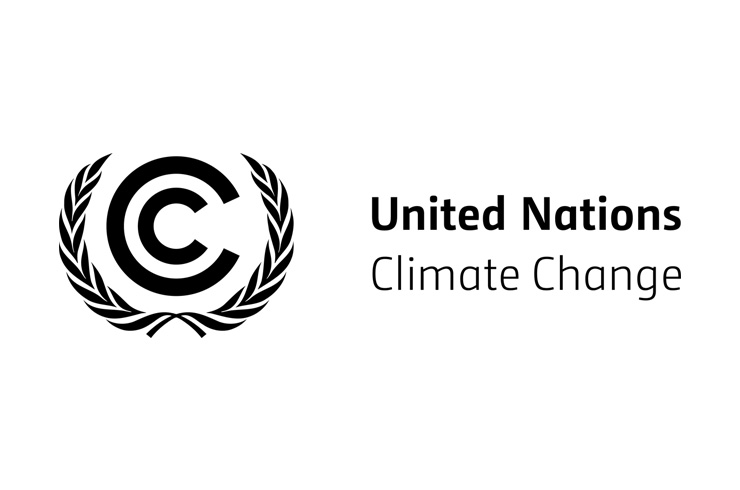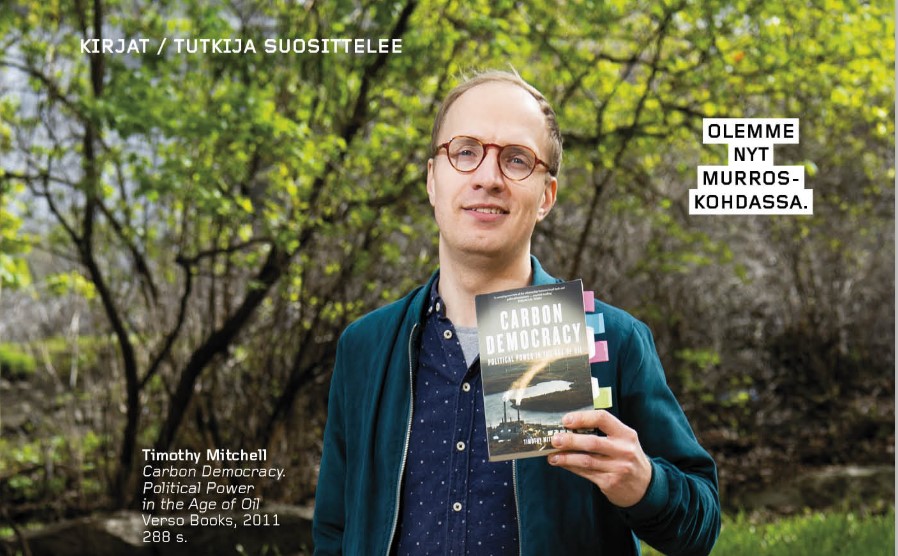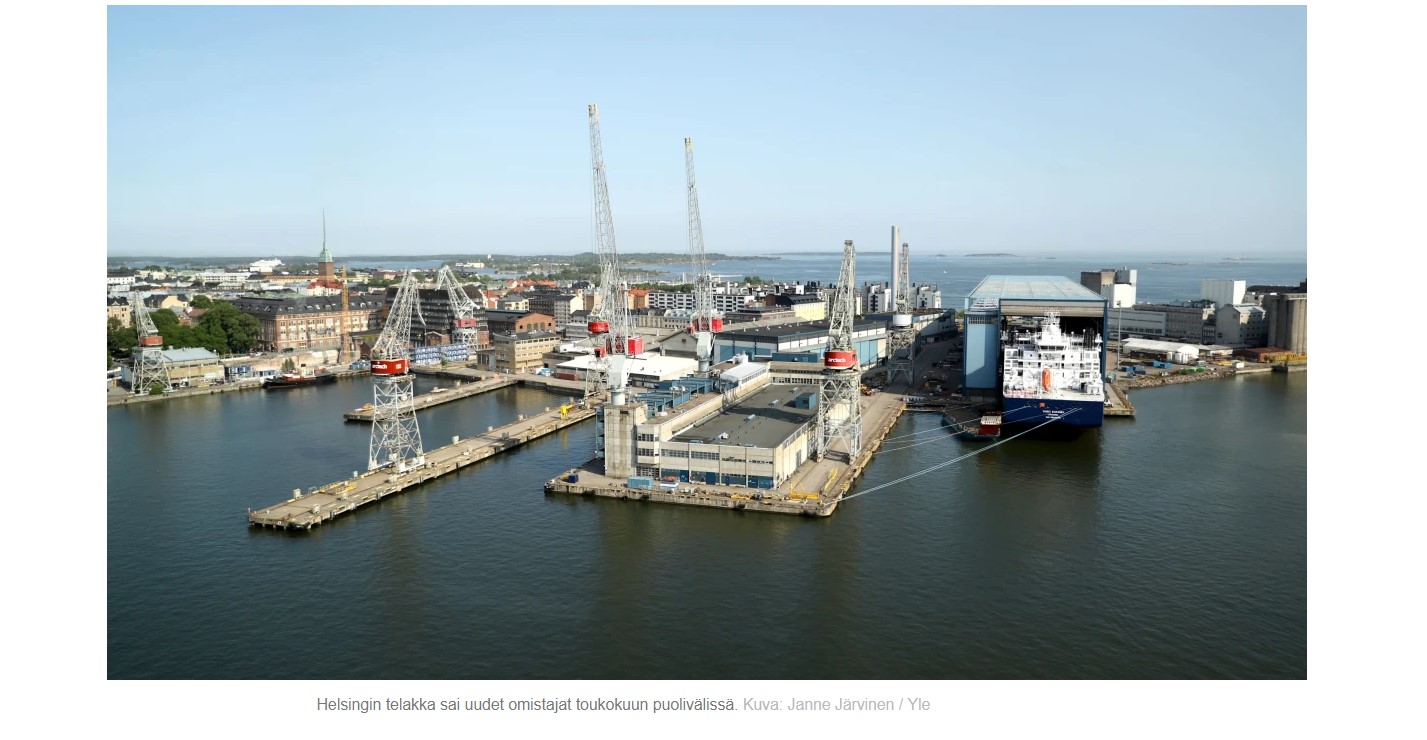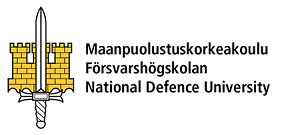Professor Veli-Pekka Tynkkynen participated yesterday in the Yle’s A-studio programme, where the topic of the discussion was “Venäjän kaatopaikkaprotestit haastavat poliittista järjestelmää” (Russian landfill protests challenge the political system).
Professor Tynkkynen and other guests – correspondent Marjo Näkki and secretary of the Finnish Section of Reporters without borders Jarmo Koponen, discussed, first, the arrest of Ivan Golunov, a prominent Russian journalist investigating and exposing corruption among Moscow officials, who wrote, among other things, about waste management problems in the region.
The central theme of the programme was Russian corruption in waste management, landfill crisis and the protests around it in Moscow and Arkhangelsk regions.
The topic was further developed in Yle’s article “Venäjän kaatopaikkaprotestit haastavat poliittista järjestelmää yhä suoremmin – mielenilmaukset ovat levinneet jo Putinin tukialueille” (Russian landfill protests increasingly challenge the political system – protests have spread to Putin’s strongholds).
Veli-Pekka Tynkkynen, Associate Professor in Russian Environmental Studies, Aleksanteri Institute, estimates that the protests are already threatening the establishment.
– The demonstrations in Moscow and Arkhangelsk are not just local protests, but through them they protest against the whole system. The fact that the whole system is based on the oligarchy. <…>
Environmental demonstrations are of particular interest because they had their own role in the break-up of the Soviet Union, reminds Associate Professor Veli-Pekka Tynkkynen. <….> In the early 1990s, environmental issues were one of the key themes of demonstrations, especially in the Baltic countries.
Like many other issues in Russia, the waste problem is facilitated by the corruption. According to Professor Tynkkynen,
<.. the waste business in Russia is a mafia corrupt activity, where the waste business is run by business conglomerates connected to local administration. They get good income from the municipalities but do not follow any standards. These practices are difficult to break even if Putin says something.
Full version of the article is available online.





